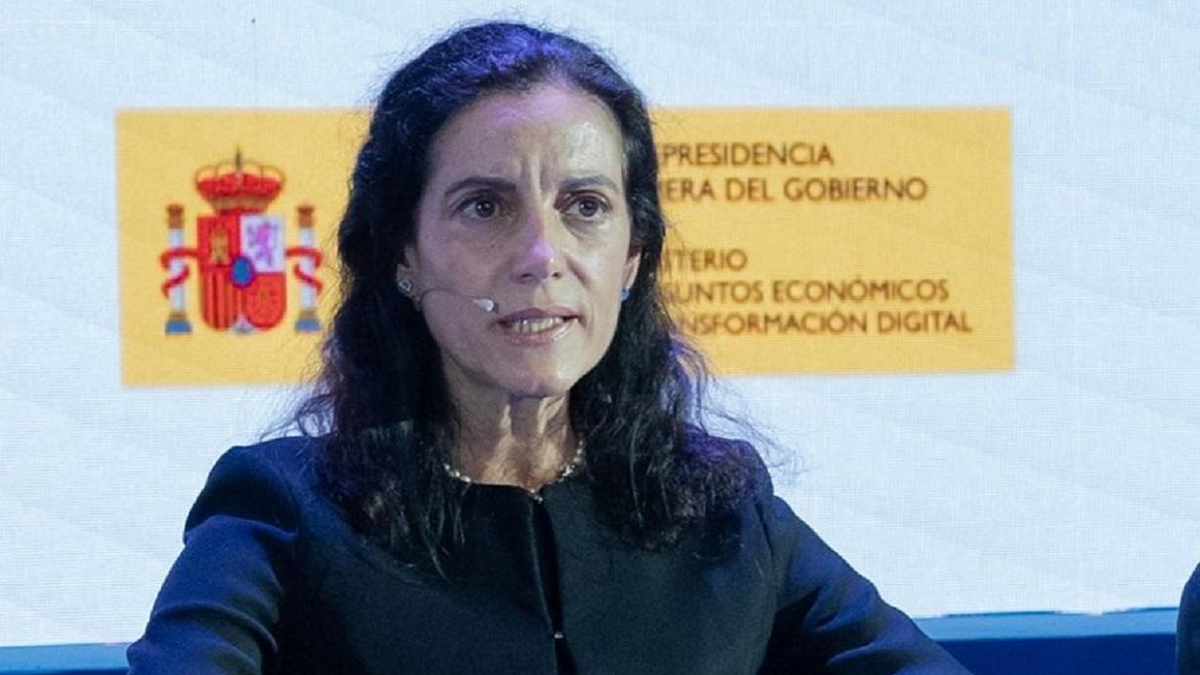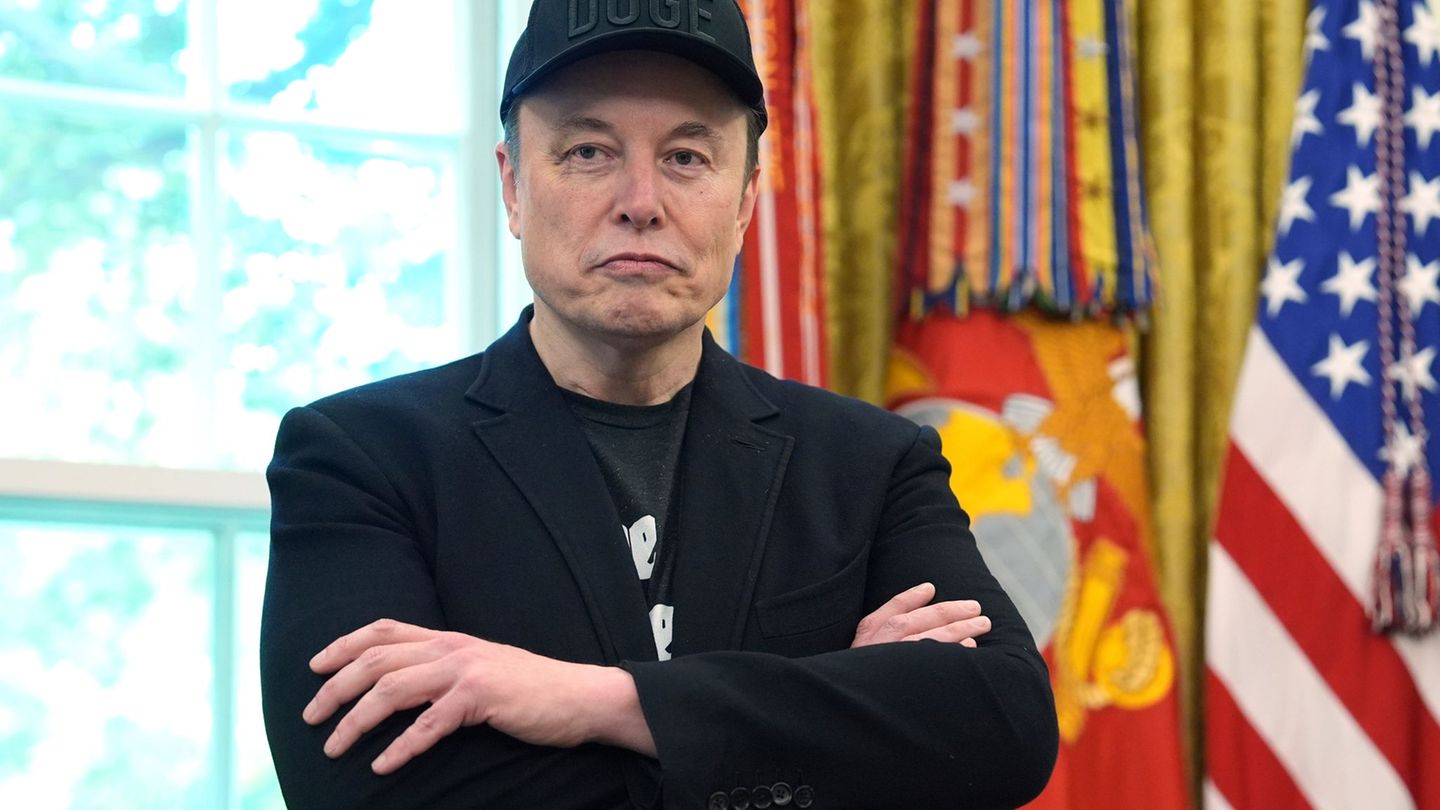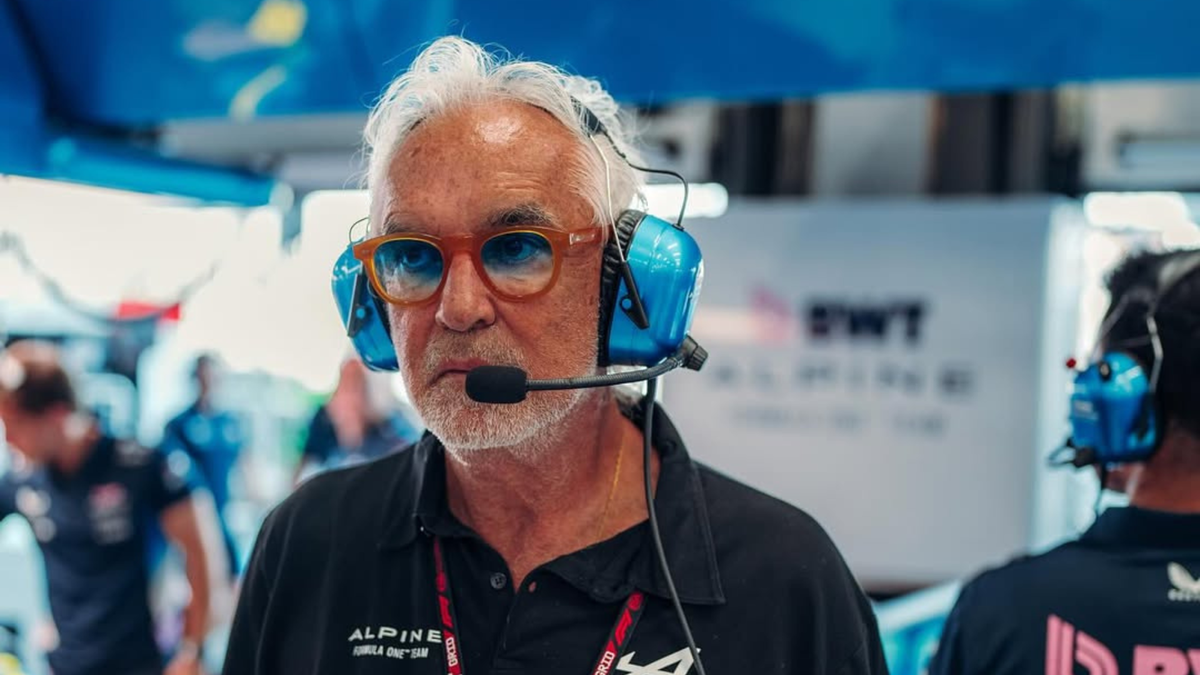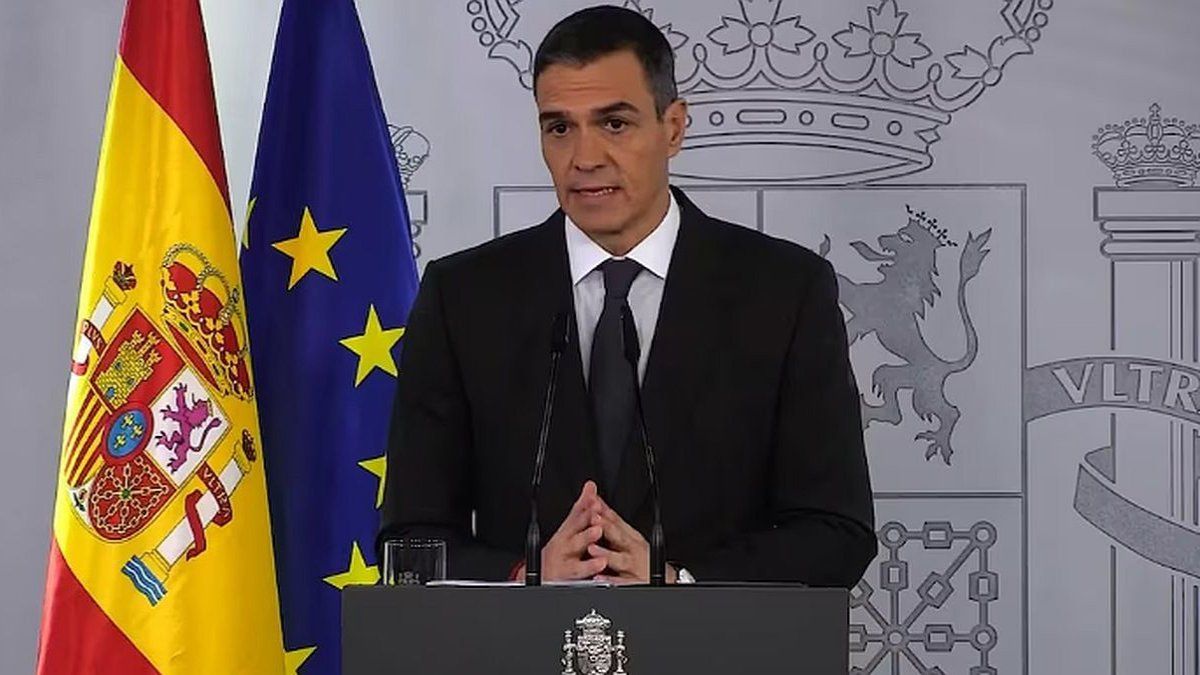The Minister of Economy and Finance, Azucena Arbeleche, highlighted the energy transformation of Uruguay and considered that the countries that contribute the most to caring for the environment through renewable energy “They should receive a reward and not a punishment.”
Arbeleche He highlighted that around 93% of Uruguayan electrical energy comes from renewable energy and specified that in terms of wind energy the country is “in a good position, similar to that of Denmark, Portugal or Ireland.”
The leader expressed himself this way within the framework of the conference CAF “European Union and Latin America and the Caribbean: a joint agenda for development”, carried out in Madrid. There, together with international leaders, he highlighted the mechanisms that the government has already applied and has in mind for the future to promote sustainable and climate investment.
By highlighting the “strong commitment” to sustainable growth, he recalled that in “the elements IS G (for its acronym in English: environment, social, governance), Uruguay It appears first in the ranking of emerging countries, which make up about 60 countries.
Intervention by Minister Azucena Arbeleche during the CAF2023 Conference
Forest conservation
Besides, Arbeleche He highlighted that, despite being a livestock country, production coexists with the conservation of native forest. “We have not gone backwards in terms of forestation. “We have the same amount of native forest from 2012-2016 and the latter that was measured this year,” he detailed and stressed that “it is not a coincidence.”
For the minister, “behind that there are economic policies, long-standing public policies, there are economic and tax incentives that are aligned so that the opportunity cost of maintaining this native forest is compensated.”
He highlighted that, beyond the impact of the drought, “We must respond cyclically and look at the structural” and pointed out that in the 2020 budget “it was made very clear that environmental policy and economic policy were not separated,” which later led, for example, to the tax on the emission of carbon dioxide from the combustion of gasoline.
Besides, Arbeleche He highlighted that the government began the second energy transformation, “thinking about the production of hydrogen with specific pilot cases and the production of synthetic fuels.”
Second intervention by Minister Azucena Arbeleche during the CAF2023 Conference
The relationship between Latin America and Europe
When discussing the expectations of how collaboration between Latin America and the Caribbean and Europe can contribute to the development and care of the environment, the owner of the MEF He warned that “it is not good for countries to be penalized to the extent that they are experiencing greater growth.”
“Countries like Uruguay Where their product increases we find that we are penalized in some way, because we no longer access certain financing conditions or because we no longer access certain market conditions in the sales of our products,” he warned.
For Arbeleche “We should work with economic, financial or commercial incentives that have to do with the provision of each of the countries to this global public good that is the environment” and summarized: “The country that contributes the most to caring for the environment should of “receiving a reward and not a punishment.”
The Uruguayan experience with the green bond
The minister gave as an example the bond launched by the MEF whose interest rate is indexed to environmental indicators. “There is not only a penalty, as occurs in the case of the bond that had already been issued Chili if the environmental goals are not met, but the important thing is that there is a reward, an incentive in case Uruguay exceed certain environmental goals that come from the Paris Agreement”, he explained.
Arbeleche He also highlighted the work with multilateral organizations, particularly with the World Bank, “so that there are loans whose interest rate is lower in the event that certain objectives are met.” And he explained that the difference is that “someone has to pay the step down, that lower interest rate.”
In this sense, he proposed: “One option is for it to be the multilateral itself, but we believe that it is not good to go that way and that the most developed countries, which could be the European Union or countries within the EU, could complement and finance this step down for countries that are going through that transition.”
Finally, he admitted that the government views “with great expectations the work that the European Investment Bank (EIB) can perform.” “It seems to us that the European Union could collaborate with the countries of Latin America and the Caribbean if it benefits, if trade with those countries that contribute the most to environmental issues is rewarded,” he concluded.
Source: Ambito




